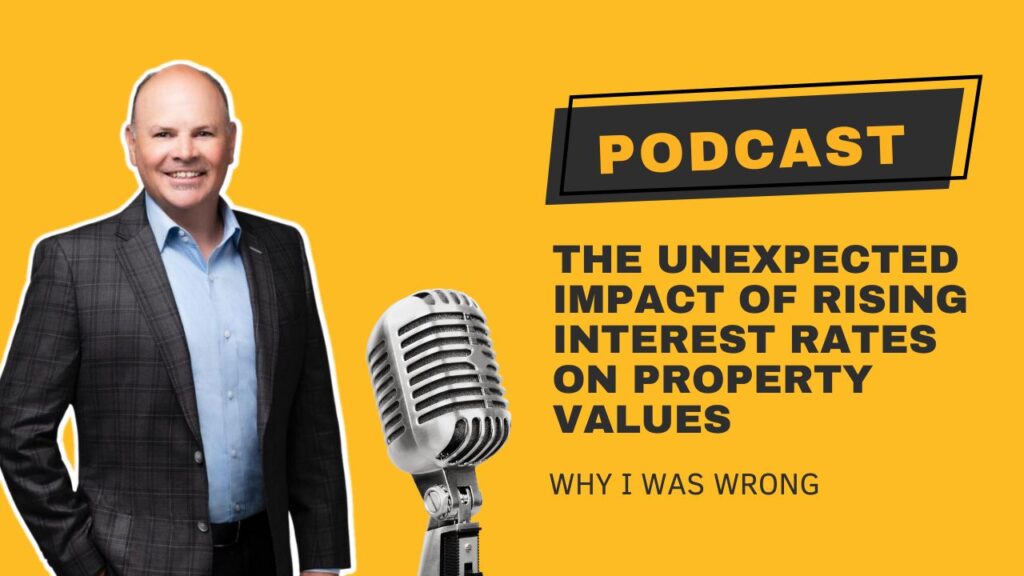In the world of real estate, rising interest rates have long been associated with declining property values. However, recent market trends have challenged this conventional wisdom, leaving many puzzled about the unexpected impact of interest rate fluctuations. In this blog post, we will delve into the surprising relationship between rising interest rates and property values, debunk common assumptions, and provide valuable insights for buyers, sellers, and realtors in navigating today’s dynamic real estate market.
- The Fallacy of Conventional Assumptions
For years, it has been widely believed that as interest rates increase, property values decrease. This assumption is based on the notion that higher interest rates reduce buyers’ purchasing power, leading to decreased demand and ultimately lower property prices. However, the reality is proving to be quite different.
- The Unraveling of Supply and Demand Dynamics
Despite rising interest rates, the demand for properties remains strong. Qualified buyers are still entering the market, competing for the limited supply of available homes. This scarcity of listings is a result of multiple factors, with one prominent reason being homeowners choosing to stay in their current homes due to historically low interest rates obtained during the lockdown period.
- The Unexpected Effect on Sellers’ Decision-making
The low interest rates prevalent in recent years have encouraged homeowners to refinance their mortgages, resulting in fewer properties hitting the market. Many sellers, despite their desire to upgrade or downsize, are deterred by the significant payment difference caused by the gap between their current low-rate mortgage and higher interest rates. As a result, they opt to stay put, further exacerbating the supply shortage.
- The Opportunity Amidst Challenges
While the situation may seem challenging for both buyers and sellers, there are opportunities to be found. If buyers can afford the increased payments, purchasing a home now may prove beneficial in the long run. As interest rates decrease in the future, the value of their newly acquired property is likely to appreciate, and refinancing becomes a viable option. It’s crucial, however, for buyers to carefully assess their financial capacity and avoid overstretching or overleveraging.
- Potential Factors for a Quick Market Correction
A quick correction in property prices is unlikely to occur solely due to interest rate fluctuations. Instead, external factors like a recession, job losses, or large-scale relocations may drive a significant increase in inventory and create a buyers’ market. However, such scenarios typically involve events beyond the scope of the real estate market itself.
Conclusion
The relationship between rising interest rates and property values is more complex than conventional assumptions suggest. While higher interest rates traditionally implied lower property values, the current market dynamics challenge this notion. Understanding the impact of supply and demand, as well as the decisions made by sellers, is essential for buyers, sellers, and realtors seeking success in today’s real estate market. By staying informed, assessing individual circumstances, and seizing strategic opportunities, all parties can navigate the changing landscape with confidence and achieve their real estate goals.
Check out my latest podcast on the topic HERE.
Learn more about me HERE.
